Warm-up exercise: it’s a Wednesday morning 10 years from now. Describe your day.
Describe an ideal but realistic scenario: no sci-fi situations, lottery wins, or self deprecating jokes.
Write it down in the shared document.
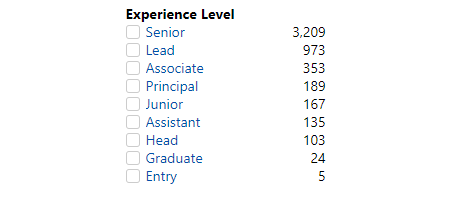
Bigger indie companies hire all the time – workwithindies.com – itch.io/jobs
So you want to work in the game industry
Crunch time
The EA spouses controversy. Cutting costs by establishing up to 80-hour work weeks instead of hiring new developers.
You don’t get a game out like that with a bunch of people who don’t have any passion about the quality of the product and don’t want to spend that one extra night.
– Epic CEO, who stated his company would not hire people willing to work for less than 60 hours a week
Geek culture takes such strongly held commonalities of interest and consumption far more seriously than most other subcultures.[…]
The exchange is simple: you will work 60-hour weeks for a quarter less than other software fields; in exchange, you have a seat at the table of your primary identifying culture’s ruling class.
–You Can Sleep Here All Night: Video Games and Labor
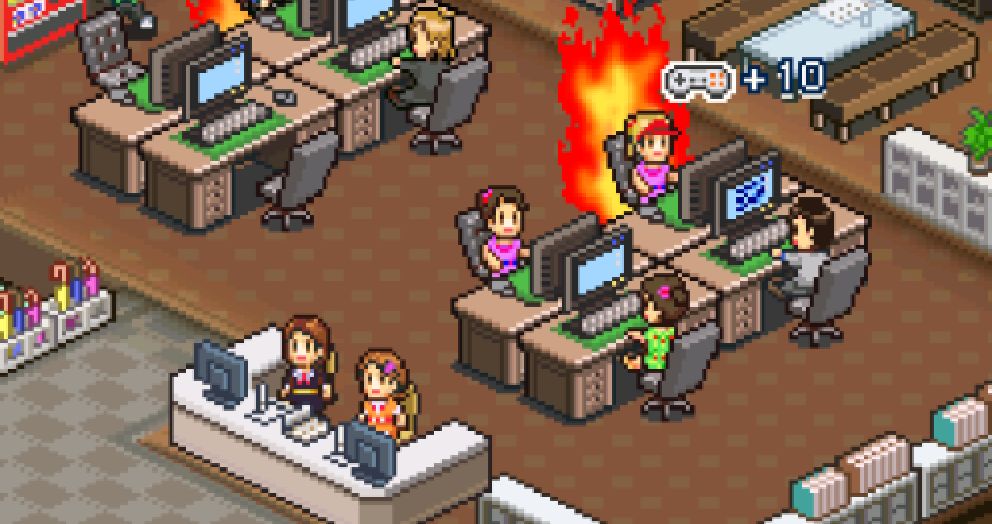
Talent Burnout
They’ll work new employees until they burn out and then replace them with another fresh face who’s eager to prove themselves in the industry – working harder for less money.[…] The developers that work their way up at these studios are either the most determined or the most stubborn – but not necessarily the most creative or the most fulfilled
Is The Game Industry A Happy Place?
Cyclical Layoffs
“Layoffs are more than just losing a job; they’re gaining a mountain of uncertainty, stress and financial concerns. I have moved my family more than seven times over the last 16 years, across the country and up and down the west coast. I’m a pro at living with very few material possessions, as I grew tired of lugging them around. As you can imagine all those moves put an enormous stress on relationships, both personal and professional. Your circle of immediate friends shrinks to zero with every move.”
In big budget game development publishers set hard release dates for a game (e.g. Christmas), the studio hires as many developers possible and it may find itself bigger than it can afford to be.
At the end of a successful project developers may get laid off because they are not needed for the pre-production of the next title.
Why Game Developers Keep Getting Laid Off (talks about good practices too)

Dozens of developers, many of them decade-long veterans, have left BioWare over the past two years. Some who have worked at BioWare’s longest-running office in Edmonton talk about depression and anxiety. Many say they or their co-workers had to take “stress leave”—a doctor-mandated period of weeks or even months worth of vacation for their mental health. One former BioWare developer told me they would frequently find a private room in the office, shut the door, and just cry. “People were so angry and sad all the time,” they said. Said another: “Depression and anxiety are an epidemic within Bioware.”
From the feature What Went Wrong with Anthem that summarizes a lot of the issues reported here
And of course, the debate on crunch reached mainstream status after the release of Cyberpunk 2077
I don’t even know where to start with the links?
INDIE IS MORE THAN “SMALL BUDGET”
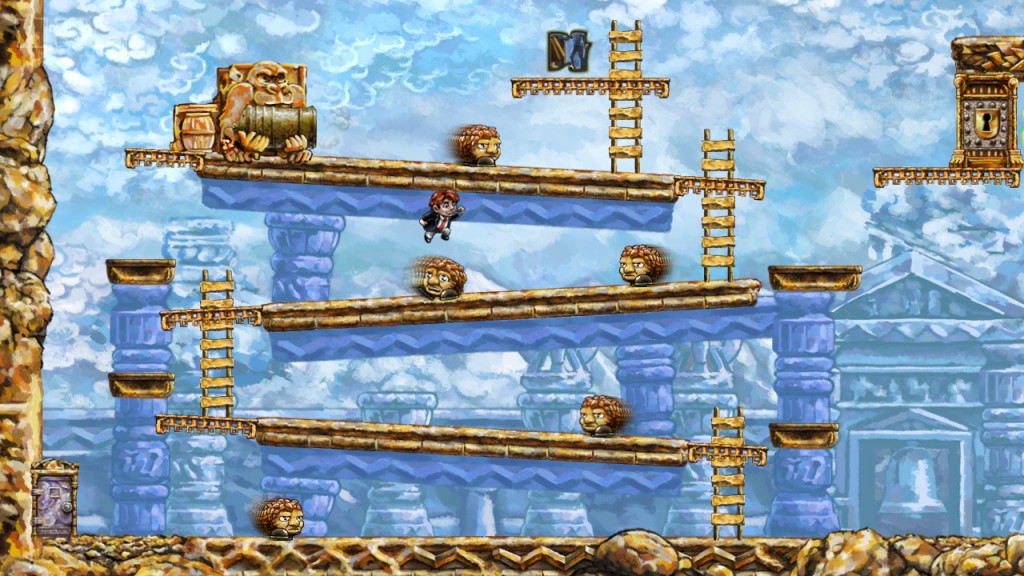
The indie games movement emerged as a response to all these issues. Indie came to signify:
- Self-directed creative work: experimental, personal, risky…
- New distribution channels (in part provided by major players): Steam, app store, itch.io, festivals/party/new arcade
- New funding models: Indie Fund, humble bundle, Kickstarter, Patreon
- New game criticism/journalism: expanding the notion of pleasure, complicating the notion of quality, reaching new types of players.
- Community support: belonging to a scene of practitioners, collaborating rather than competing.
- Different development cycles: prototype often > release early > polish and commercialize only if it works
- Soft deadlines
- Creating a more inclusive community in term of gender, class, race and background (informal education, alternative conferences, advocacy)
- Reframing game making as artistic and cultural practice, not necessarily an industrially organized job
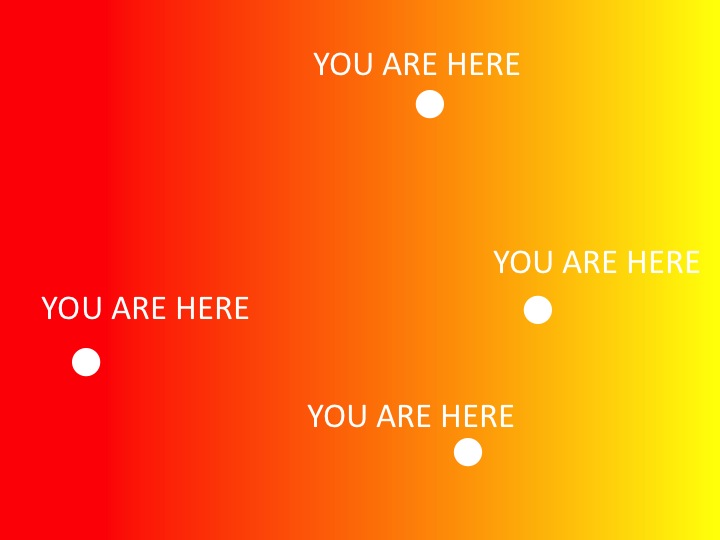
In countries with a significant game industry there is a lot of exchange between the “independent” world and the “AAA” world. Indie projects are often started by industry veterans, critically acclaimed indies may use their cultural capital to get a more secure job, indie developers can grow to become major players in little time.
However indie doesn’t automatically mean good working environment
Research the developers of your favorite indie games and see if you can trace their career trajectories.
Always keep in mind
Solo indie developers earned an average income of $11,812
57% percent of indie game developers made under $500 in game sales. On the other end of the spectrum, 2 percent made over $200,000 in game sales.
6 key points from the 2014 Indie Salary Report
Is independence just for people able or willing to take massive financial risk?
Indiepocalypse
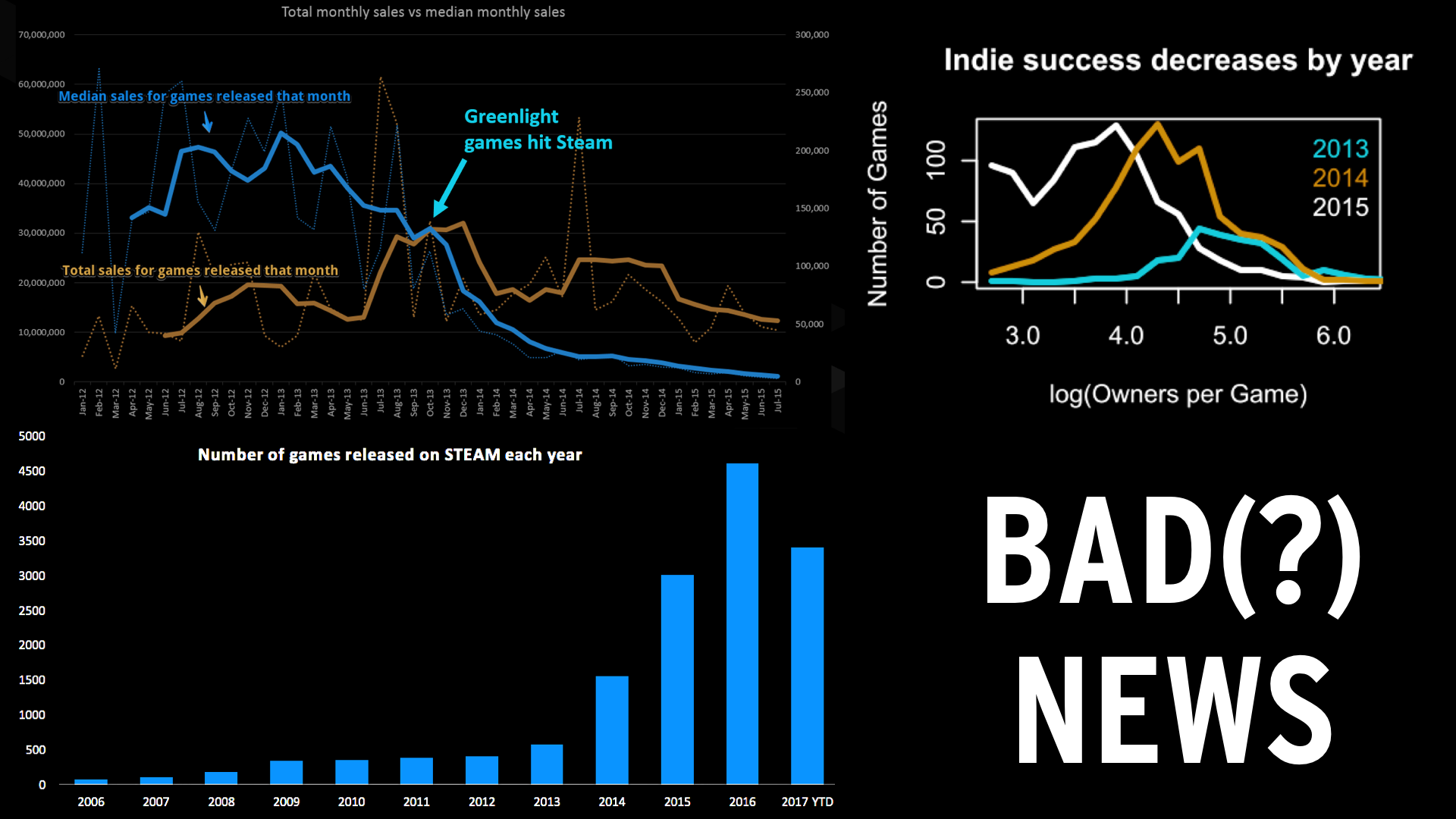
In the last couple of years people have been to talking about Indiepocalypse in relation to a series of pointers such as:
The seemingly exponential increase in the number of releases.
The decreasing sales and revenues, even when take into account quality and reviews.
The disappointing commercial performance of some critically acclaimed, multi-year projects. The ones that apparently did everything right but still underperformed.
You can find more of my thoughts on the indiepocalypse here and here
Check out Everest Pipkin’s Surviving as a game dev tips
Unionization
The indie lifestyle is not a solution that fits everybody.
In the last two years there has been a growing support for the unionization of game development.
Some of the goals:
Setting pay scales, benefits, work hours, etc.
A union can also help by pursuing underpayment claims, taking court action on behalf of bullied or harassed workers, severance packages. etc.
https://www.polygon.com/23485977/video-game-unions-guide-explainer
MFA Programs
In the last decade we’ve seen a proliferation of graduate programs centered on game development. Here’s some I consider legit and appropriate sequels to CMU.
CMU ETC – Entertainment Tech more broadly, VR, experimental interfaces, teamwork
NYU Game Center – Indie/Art/Social Justice friendly
USC Cinematic Arts – Considered the #1 according to ranking, some interesting specialized minors
Design and Technology at Parsons – progressive and design-oriented
UCLA DMA – Art + tech with a significant game lab (public)
UCSC has a couple of different programs – research oriented, silicon valley adjacent (public)
Don’t forget alternative institutions and educational modes: SFPC, masterclasses (celebrity-driven), professional how to
Some, more or less obvious, considerations:
– Tuition & Cost of living (duh… don’t go into debt, especially if you don’t see yourself taking a high-paying corporate job)
– What kind of work are the alumni doing? – and not only the showcased ones.
– What department is program housed under? – cinema vs arts vs CS vs standalone may inform a lot of the pedagogy
– Is the school public, private not-for-profit, or for-profit? Is the graduate program seen as a source of revenue? (likely yes for non art schools)
– City & region (post graduation plans and connections)
– Student / Faculty ratio and Adjunct / Full time ratio
– Corporate pipelines (some programs may have established connections with companies)
– Are you considering an academic / educational career that requires an MFA?
– Is it the “right” time for you to pursue an MFA? (at CMU art we prefer applicants who spent a few years in the real world after their BFA)
Closing exercise
plan the hypothetical steps to reach the ideal scenario described at the beginning.
Here’s a starting point: an almost complete list of all the students who took this class from 2010 to 2014

